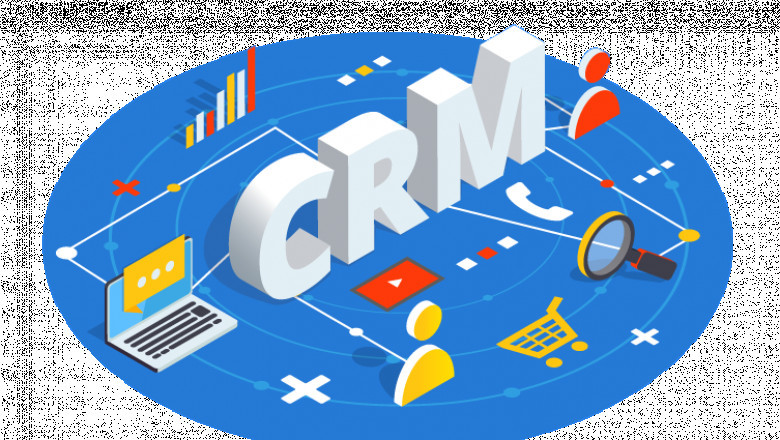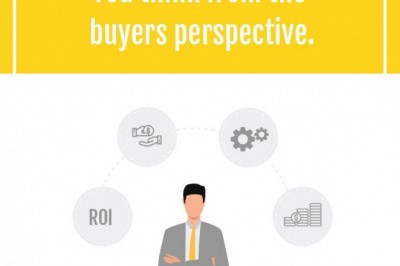views

Undeniable Benefits of building and implementing custom CRM software are proved by different statistics and researches:
- In 2027, CRM revenues are expected to shoot up to $114,4 billion because of its remarkable growth and development in recent years.
- Companies in different industries such as technology, business services, retail, banking, security, and media have improved sales by 29% after implementing CRM (Source: Salesforce)
- CRM Magazine reports that 91% of businesses with over 11 employees now use CRM.
- Capterra’s research shows that 65% of companies start using a CRM system in the first five years of their business.
- According to another report, customer retention and satisfaction rates increase by 47% thanks to using CRM.
Before we start discussing how to build CRM software, we need to figure out what types of CRM are there and try to recognize which one suits your business best of all.
Types of CRM Software
1. Operational CRMs – is the one responsible for the sales, marketing, and services offered or anything that has something to do with customer interaction. This also oversees different things such as:
- Contact Management wherein managing contact details, history, and records are easily accessible.
- Lead Scoring helps you understand and nurture leads for more success.
- Sales Team Automation making the tasks for the team easily distributed.
- Marketing Automation helps drive your business to leads and potential customers.
2. Analytical CRMs – is the key to making great business decisions through its ability to gather, organize, and analyze the data of customers and sales. The following is what makes up Analytical CRM:
- Data Mining uses all statistical information at hand and analyzes the patterns and relationships of these statistics to your data.
- Cross-selling and Upselling through insights you have gathered from customers’ purchase history and behavior.
- Buyer Persona Building is having the information and customer data that helps you understand your customer more. In return, this improves sales and marketing strategies.
- Sales Forecasting with data analyzation, helps your business predict future demands.
- Attribution having all the information you need; this lets you know how to keep your customers’ loyalty.
3. Collaborative CRMs – with Collaborative CRM, customer relationship is secured and nourished. This is responsible for customer service, satisfaction, and retention. From interaction management wherein any interaction with customers are tracked and access to relationship management and document management. Relationship management facilitates and makes sure that the sales team and other teams handling customers are aligned. Lastly, document management makes sure all the documents from contracts to proposals are accessible and organized.
Why does a business need custom CRM development?
Though there are existing solutions already, it is always a better decision to build a custom CRM that fits your business perfectly. Aside from the fact that this affects the relationship, you have with your customers, here are a few things worth noting:
- With a custom CRM, you will have an intuitive design that is tailor-fitted to your business and have a say whether it is user-friendly for your customers or not.
- Integration with business operations will be easier and does not have to disrupt existing workflows in the process.
- You have the opportunity to develop unique tools and functions in different teams and departments easily.
- Subscription or extra payment is not necessary anymore.
- Any additional features can be developed immediately by just contacting your chosen development team which is not available for ready-made CRMs.
Read more: https://code-care.com/blog/how-to-create-your-own-crm-system/












